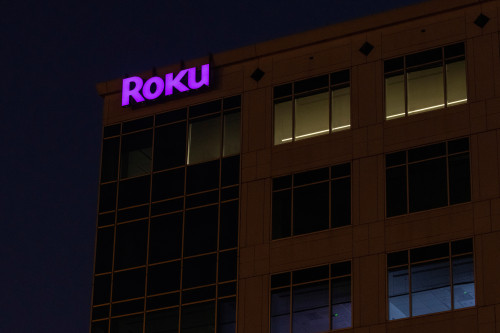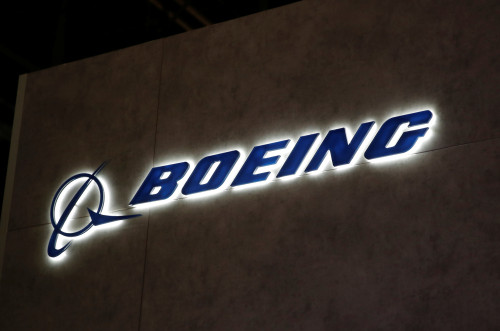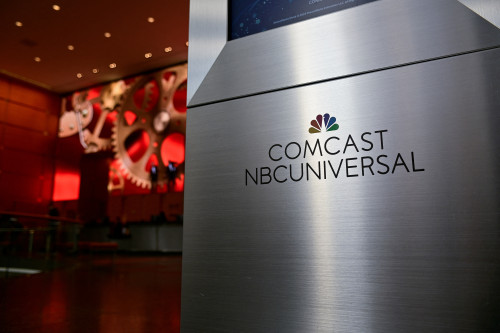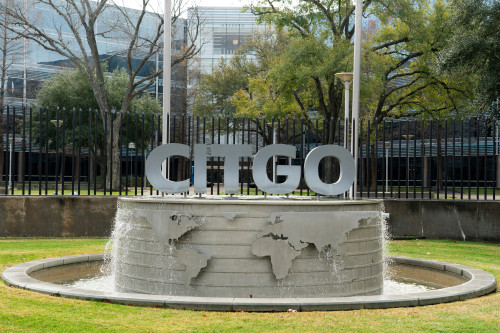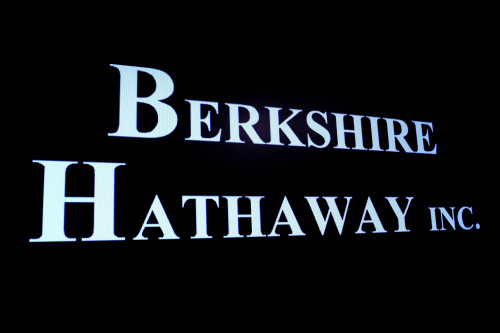(Reuters) -Roku forecast second-quarter revenue below Wall Street estimates on Thursday, as customers pull back spending amid an uncertain market environment, sending shares of the company down 4% in extended trading.
Roku, the company whose streaming service saw major success during the pandemic, is now experiencing a slowdown as clients and brands tighten advertising budgets amid persistent inflation and broader macroeconomic uncertainties.
“While there is more macro uncertainty than normal, we are providing our best outlook based on our current visibility and what we are observing in our business,” the company said in a letter to shareholders.
The company initially gained popularity through its small devices that connected to televisions, giving users access to streaming platforms like Netflix. It later expanded its offerings to include Roku streaming sticks and Roku-branded TVs.
Roku operates in a highly competitive advertising industry. It faces tough competition from tech giants such as Amazon and Apple, which offer similar streaming devices: the Amazon Fire TV Stick and Apple TV, respectively.
This intensified competition continues to pressure Roku to defend its market share.
The company’s devices segment revenue is projected to decline about 10% year-on-year. The company said it is challenging to forecast tariff-related impacts in its devices segment.
Separately, Roku said on Thursday it has agreed to acquire Frndly TV — a subscription streaming service offering live TV, on-demand video and cloud-based DVR — for $185 million in cash.
“This acquisition supports our focus on growing platform revenue and Roku-billed subscriptions,” said Roku CEO Anthony Wood.
The company expects net revenue of $4.55 billion for the full year, compared to analysts’ estimates of $4.57 billion.
It expects revenue of $1.07 billion for the second quarter, compared with analysts’ average estimate of $1.09 billion, according to data compiled by LSEG.
Roku reported revenue of $1.02 billion in the first quarter, compared to analysts’ average estimate of $1.01 billion.
(Reporting by Priyanka.G in Bengaluru; Editing by Alan Barona)

